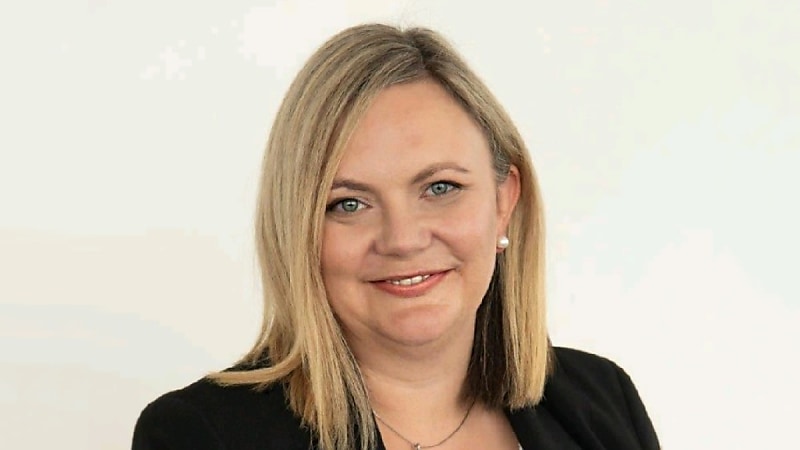SAR non-lodgment continues to be a concern: ATO
The non-lodgment of superannuation annual returns continues to be one of the ATO’s major concerns, the deputy commissioner for superannuation has said.
Emma Rosenzweig, deputy commissioner for the ATO, has said SAR lodgment is a basic expectation for those choosing to run their own super fund and there are heavy implications for those who fail to comply.
With the date for lodgment only days away, Rosenzweig told delegates at the SMSF Association national conference that there are approximately 85,000 funds that are still yet to lodge their annual return for 2023 and around 54,000 SMSF annual returns that are still outstanding for the 2022 income year.
“While only 3 to 4 per cent of SMSFs have a contravention reported, that's only based on those who have actually lodged and we expect a significantly higher proportion of non-lodgers have contravened the regulatory rules,” Rosenzweig said.
“For example, we know that non-lodgment is a serious red flag for illegal early release. This is especially the case for newly established funds who haven't lodged their first return. There are still 4,500 funds established in the 2023 income year who've not lodged their first return, which is now well overdue.”
Rosenzweig said non-lodgment also restricts the ATO from correctly administering the rules around concessional and non-concessional contribution caps, Division 293 tax, and assessing transfer balance caps.
“These are important rules that have been put in place to ensure equity in the superannuation system, and avoidance of them by failing to lodge returns and report accurate information to the ATO is serious.”
“As the regulator of SMSFs, the ATO has a responsibility to respond accordingly. For those who miss the annual return lodgment due date and don't contact us, their fund will no longer display as complying on super fund look up. Instead, their regulation details will be removed. Removal from the register means that rollovers can't occur to that fund and employers may stop contributing.”
If an employer can't confirm the compliance status of a fund, they are also putting their own compliance with super guarantee (SG) obligations at risk and are likely to refuse to pay contributions to that SMSF.
“We do understand that there are times when people may need a bit more time to meet their obligations, and so if they're having trouble, we expect trustees or the agents to contact us as soon as possible and seek an extension in those scenarios,” Rosenzweig said.
Additionally, the deputy commissioner said another issue the ATO has observed is that SMSF trustees are ignoring release authorities issued by the regulator to release the excess contribution amounts from their fund.
“This means that super is being taxed concessionally when it shouldn't be, and there are consequences for this for trustees who fail to release the nominated amount. A non-compliance penalty with a maximum of 20 penalty units or just over $6,500 may be incurred,” Rosenzweig said.
“Sadly, it's a similar story with commutation authorities, where we're observing similar instances of non-response by SMSF trustees, where the member has exceeded the transfer balance cap and we've sent them an excess transfer balance determination.”
Trustees need to ensure they're following these legal requirements and respond within the required time frame with the required actions as set out in ATO notices.
“Not doing so might affect the SMSF entitlement to exempt current pension income and trustees might also be liable for penalties or subject to compliance action.”








